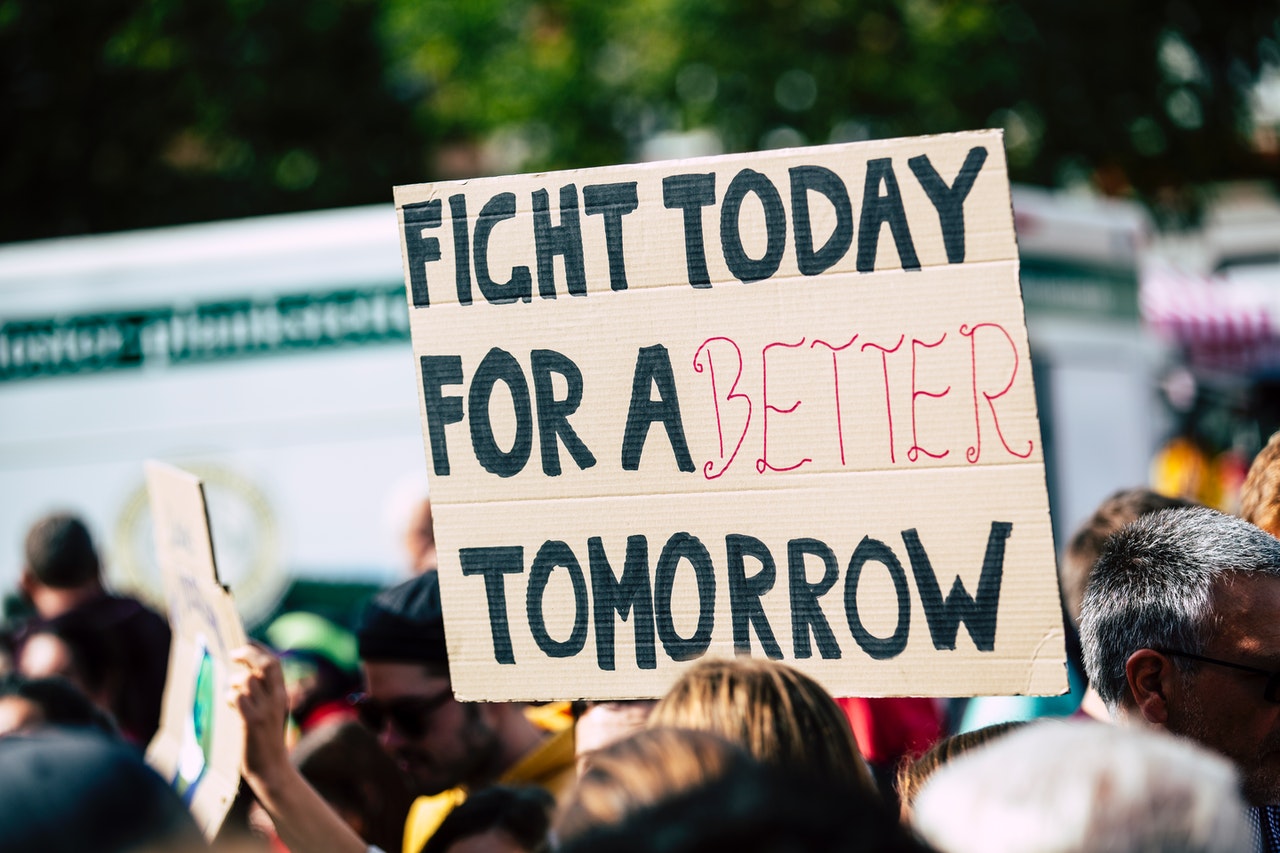
In Canada, much of our national pride comes from the ways that we are unlike the United States. Canadians, for example, overwhelmingly disapproved of Donald Trump—and it is hard to imagine that even this country’s most shameless elected officials would stoke open insurrection, such as occurred in Washington, D.C., in January.
In American politics, the big story of the last decade has been polarization. But, in Canada, there is very little evidence of a highly polarized political sphere.
This absence of polarization can be good news. For example, when strict COVID-19 measures were put in place by provincial governments in Atlantic Canada, there was some backlash, but most people cooperated with the measures.
When government and the public agree on public needs, politics functions smoothly. Ideally, the chosen policies would always be wise and compassionate, as well as popular. But what happens when they’re not?
That’s where polarization can be good and necessary.
***
Growing up, I often heard the saying, “All things in moderation”—and it wasn’t always to recommend eating one cupcake instead of two. Moderation had a much greater moral significance, I learned. All extremes were suspect.
But I never could look past the absurdity of the phrase. Is there a moderate amount of arsenic I should add to dinner, for example? A moderate amount of murder one ought to commit?
Now, as I study public opinion, I can’t help but wonder if the supposed virtue of moderation has been embedded in Canadians’ political consciousness. While many are relieved that Canada is less likely to see an armed insurrection by right-wing populists in Ottawa, this relief surely comes at a cost: Canadians’ calls for social justice are likewise constrained by norms that prioritize politeness and moderation.
Will a moderate number of new pipelines prevent climate disaster in the coming decades, for example? Is there a moderate number of billionaires and corporations whose financial interests should influence politicians? There certainly isn’t a moderate number of people who should freeze in the winter for lack of affordable housing, or a moderate number of children who should grow up in poverty.
But, whenever people take principled, compassionate political positions that challenge the status quo, they risk being labeled “extreme.” Such positions can also fire up the opposition, creating backlash—thus, the two sides of a highly polarized public can result from the push for social justice.
Polarization is inherently neither good nor bad. But it is often necessary for large-scale social change. To the extent that polarization arises from calls for greater social justice, Canada could benefit from more polarization, not less.
When I consider the so-called problem of polarization, I try to heed the warning delivered by Dr. Martin Luther King, Jr., in his letter from Birmingham jail. We must not be “more devoted to ‘order’ than to justice.” We must not prefer “a negative peace which is the absence of tension to a positive peace which is the presence of justice.”
Here in Canada, we don’t love conflict. But a positive peace is worth fighting for.
Photo by Markus Spiske from Pexels










